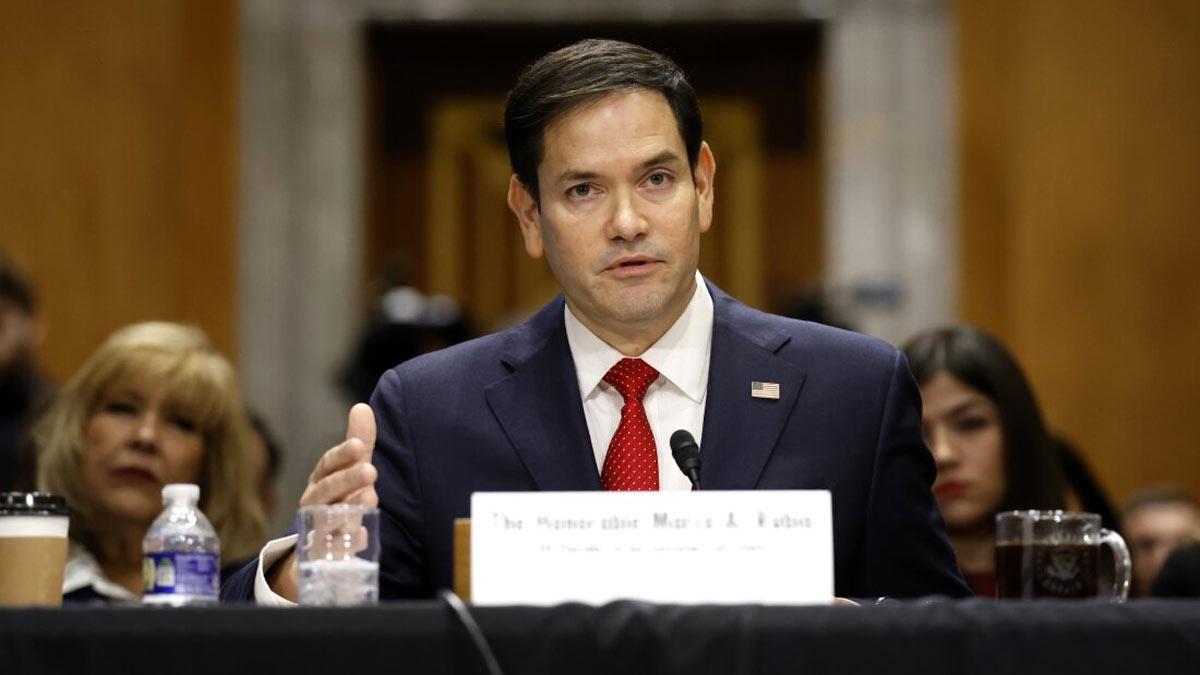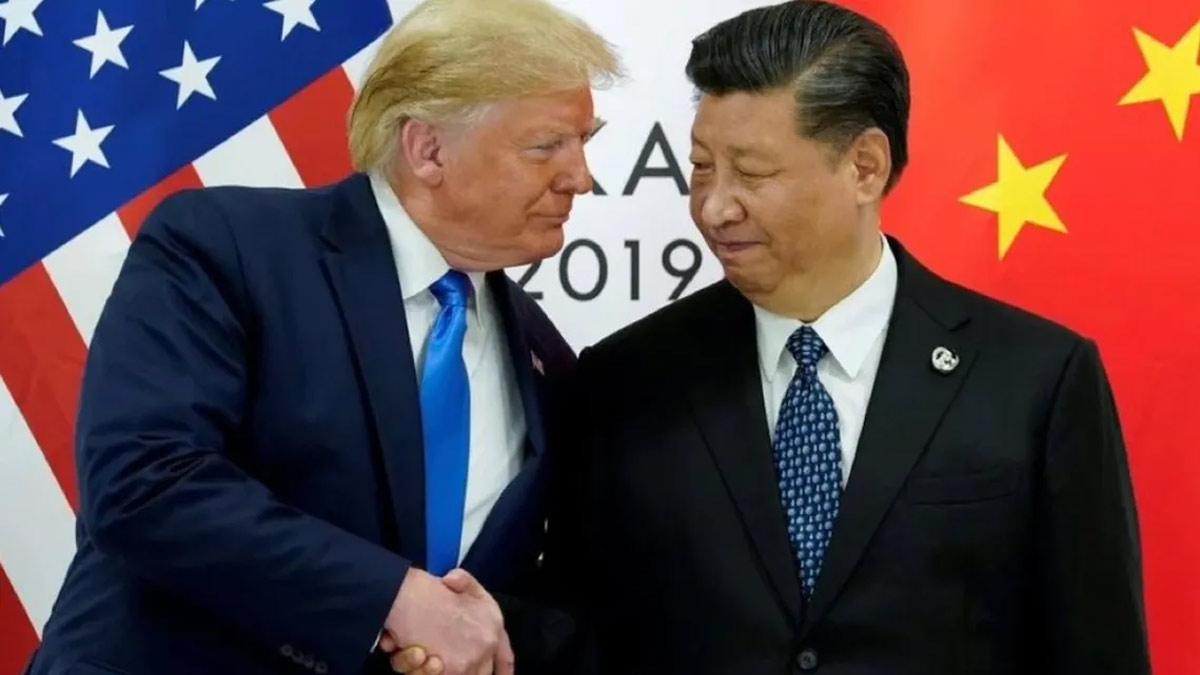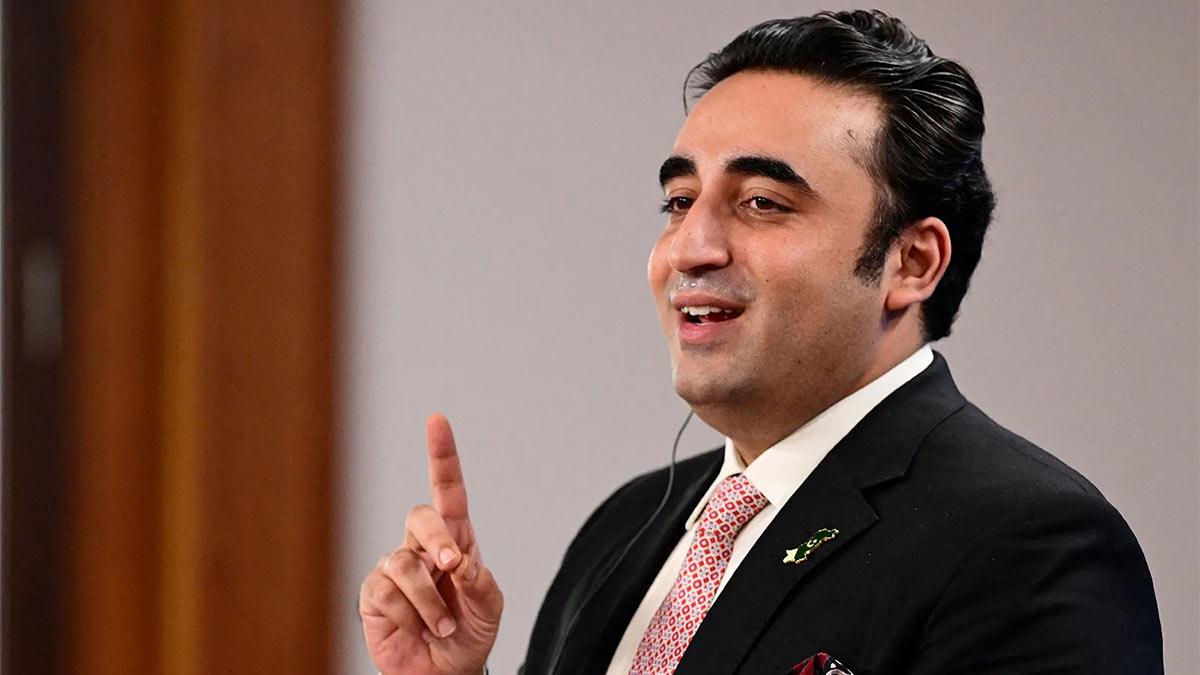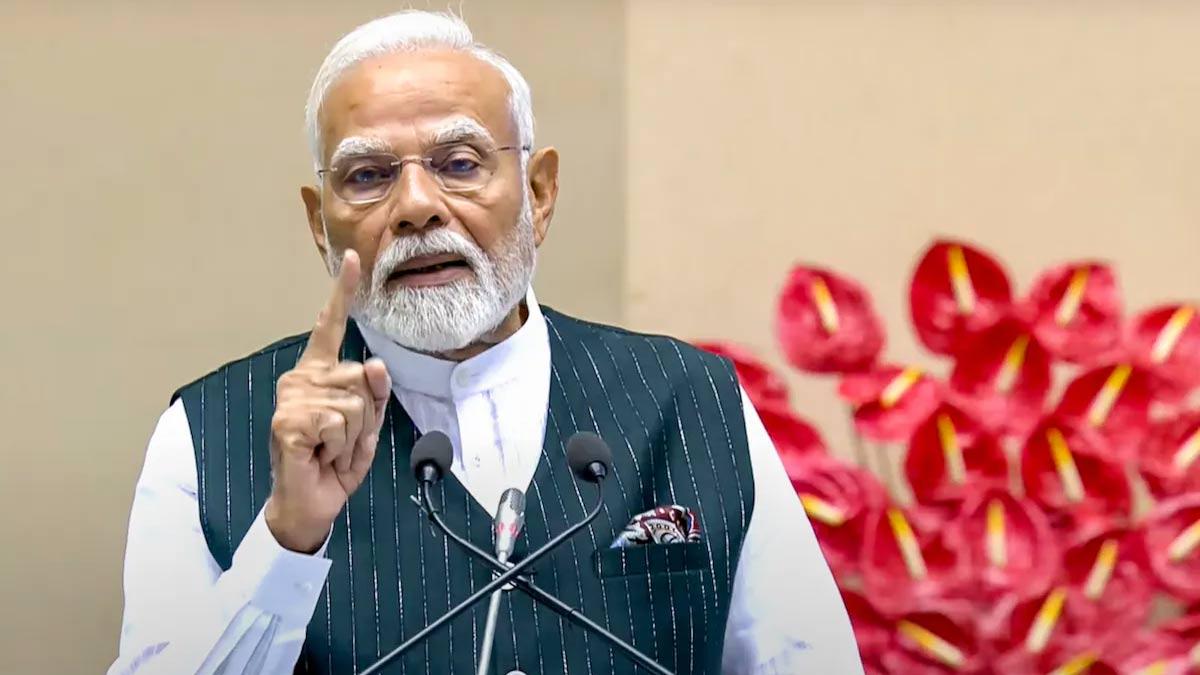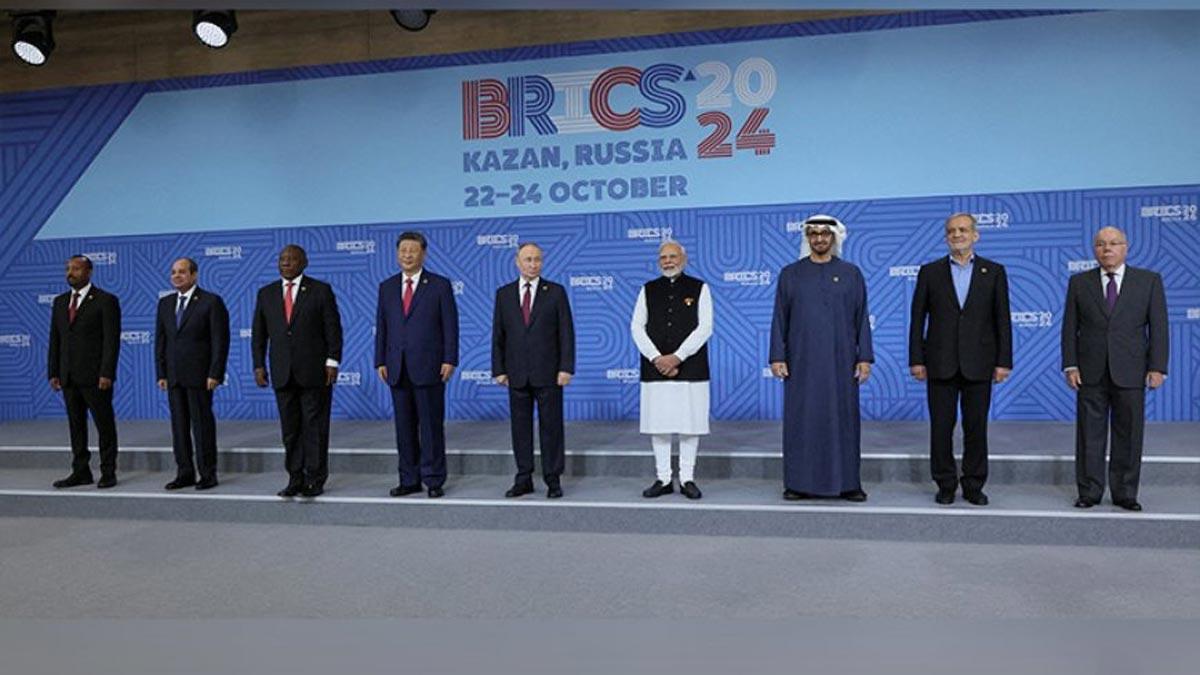US Secretary of State Marco Rubio on Sunday wholeheartedly supported Israel's war objectives in the Gaza Strip, declaring that Hamas "must be eradicated" and casting the fragile ceasefire into even greater doubt.
Rubio sat down with Israeli Prime Minister Benjamin Netanyahu at the beginning of a tour of the region, where he is expected to be rebuffed by Arab leaders regarding US President Donald Trump's offer to move the Palestinian people out of Gaza and rebuild it in US ownership.
Netanyahu has embraced the idea, and indicated that he and Trump share a "common strategy" for Gaza.
Following Trump, he stated that "the gates of hell would be open" if Hamas fails to free dozens of remaining hostages kidnapped in the militant group's October 7, 2023, attack on southern Israel that ignited the 16-month war.
Their comments were made two weeks before the ceasefire's initial phase will expire. The second phase, during which Hamas would free dozens of remaining hostages in return for additional Palestinian prisoners, a permanent truce and the Israeli pullout, remains to be negotiated.
Trump's Middle East special envoy Steve Witkoff informed Fox News that he had "very productive" telephone calls Sunday with Netanyahu and the mediators, Egypt and Qatar officials, on the continuation of negotiations this week. He further stated that the hostages to be freed are 19 Israeli soldiers and "we believe all of them are alive".
Netanyahu's spokesman confirmed the conversation and stated Israel's security Cabinet would convene Monday to deliberate on the second phase.
Hamas can no longer exist as a military or governmental force, Rubio said.
"As long as it remains as a force which can govern or as a force which can administer or as a force which can threaten by employing violence, peace is impossible," he said. "It has to be uprooted."
Such rhetoric may complicate negotiations with Hamas, which regained control of Gaza when the ceasefire began to take effect last month despite having taken severe losses.
Rubio will also travel to the United Arab Emirates and Saudi Arabia, regional political powerhouses.
The Israeli military, however, said it made an airstrike on Sunday on people who had moved towards its soldiers in Gaza's south. The Hamas-ruled Interior Ministry reported that three of its police officers were killed in the attack while they protected the corridor of aid trucks through Rafah on the Egyptian border.
Hamas referred to the attack as a "serious violation" of the ceasefire.
Restarting the war could seal the fate of the hostages
This week commemorates 500 days of the conflict. Continuing the combat might be a death sentence for any remaining hostages and may not prove effective in eradicating Hamas.
Netanyahu has indicated willingness to return to combat after the present stage, and has given Hamas an opportunity to capitulate and exile its most senior leaders.
Hamas has rejected such an option and demands Palestinian rule. Spokesman Abdul Latif al-Qanou informed The Associated Press that the group welcomes either a Palestinian unity government or a technocratic committee to administer Gaza.
Hamas last week threatened to suspend the most recent release of hostages, since Netanyahu has not okayed the imports of mobile homes and heavy vehicles into Gaza in accordance with the terms of the ceasefire, before going ahead to make the Saturday release on the basis of so-called assurances offered by Arab interlocutors.
A senior Israeli official spoke on condition of anonymity according to regulations that the matter would be addressed within the next few days, and Israel was working with the United States.
In a further indication of closing ranks, Israel's Defence Ministry announced that it had received a delivery of 2,000-pound (900-kilogram) MK-84 bombs from the United States. The Biden administration had suspended a shipment of such bombs last year amid concerns over civilian casualties in Gaza.
If somebody has a better plan. that's great
In an interview last week, Rubio said that Trump's initiative was partly intended to pressure Arab nations to come up with their own postwar strategy that would be acceptable to Israel.
He also seemed to hint that Arab nations deploy troops to fight Hamas.
"If there is a better plan out there, and we certainly hope that there is, if the Arab nations have a better plan, then we love it," Rubio told the "Clay and Buck Show" on Thursday.
But "Hamas has guns," he said. "There's somebody who's gotta deal with those fellows. It is not going to be American troops. And if the nations in the region can't get that piece through their heads, then Israel will have to do it."
Rubio had no plans to sit down with Palestinians during his visit to the Middle East.
Arabs have limited options
To Arab leaders, mass expelling Palestinians from Gaza or fighting Palestinian extremists on Israel's behalf are nightmarish visions that would result in intense internal criticism and have the potential to destabilize already unstable territory.
Egypt hosts an Arab summit on February 27 and is negotiating with other nations on a counteroffer under which Gaza will be rebuilt but its people won't be evicted. Expelling Palestinians, human rights activists say, would probably contravene international law.
Egypt has threatened that any large-scale Palestinian influx from Gaza would threaten its almost five-decade peace agreement with Israel, a bedrock of US leadership in the Middle East.
Arab and Muslim nations have made any assistance to postwar Gaza subject to the restoration of Palestinian rule with a course towards statehood in Gaza, the West Bank and east Jerusalem, lands Israel occupied during the 1967 Mideast war.
Israel has excluded a Palestinian state and any presence in Gaza for the Western-backed Palestinian Authority, whose troops were routed when Hamas took over there in 2007.
Rubio to visit region's heavyweights
The UAE and Saudi Arabia have dismissed any mass Palestinian displacement and would be central to any regional reaction.
The UAE was the main driver of the 2020 Abraham Accords where four Arab nations — Bahrain, the UAE, Morocco and Sudan — normalised ties with Israel during Trump's last term. Trump aims to bring in Saudi Arabia too, possibly providing closer US defence cooperation, but the kingdom has indicated that it will not normalise relations with Israel without a road to a Palestinian state.
Rubio will not be traveling to Egypt or Jordan, friendly US allies who are at peace with Israel and have declined any acceptance of Palestinian refugee flow. Trump has intimated that he may cut US aid to them unless they comply, which would prove catastrophic to their economies.
Read also| EAM Jaishankar Criticizes the West: ‘You Don’t Practice Abroad What You Preach at Home’

